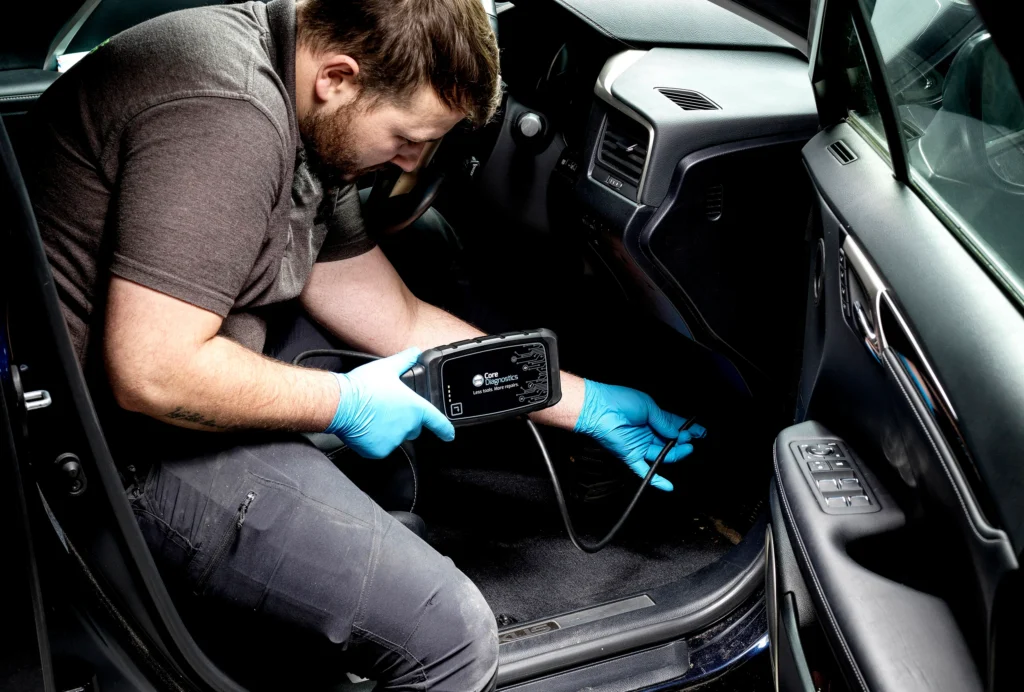[vc_row type=”in_container” full_screen_row_position=”middle” column_margin=”default” scene_position=”center” text_color=”dark” text_align=”left” overlay_strength=”0.3″ shape_divider_position=”bottom” bg_image_animation=”none”][vc_column column_padding=”no-extra-padding” column_padding_position=”all” background_color_opacity=”1″ background_hover_color_opacity=”1″ column_link_target=”_self” column_shadow=”none” column_border_radius=”none” width=”1/1″ tablet_width_inherit=”default” tablet_text_alignment=”default” phone_text_alignment=”default” overlay_strength=”0.3″ column_border_width=”none” column_border_style=”solid” bg_image_animation=”none”][vc_column_text]“My employee has been arrested and charged for assaulting a member of the public. It was outside of working hours but I don’t want to keep the employee now I know about what they did. Can I dismiss them?”
What is his or her length of service? If the employee has under 2 years service, then the procedure is easier and the risks are less. If the employee is coming close to 2 years service then you should take advice, as the 2 years can be reduced by a week below the 2 year period. Sometimes, also, an employer’s own disciplinary processes can be contractually binding, which can give rise to a breach of contract claim. If you are in doubt, seek our advice.
Under 2 years service
Subject to the point above, if the employee has not been with you for 2 years, then whether you dismiss is very much at your discretion. If you investigate the incident and believe, after investigating, their conduct was not acceptable, then you can dismiss with minimal risks.
It is still advisable to lay a basic paper trail by inviting your employee to a meeting in writing, set out the charges, give your employee the right to be accompanied and holding a meeting. Best practice would be to confirm the decision in writing with the reasons, and offer a right of appeal.
It would unlikely to be deemed “gross misconduct” if the criminal act was outside of work, but you could terminate employment and pay notice in lieu, if that was your decision. If the employee felt this was “unfair” due to mitigating circumstances, that would not necessarily give the employee the right to any claim in an Employment Tribunal.
It is of course possible for employees with under 2 years service to argue that the dismissal was for other prohibited reasons or tainted by some form of discrimination, but if you have a clear paper trail as set out above, then that is a difficult claim for an ex-employee to bring against your business.
Over 2 years service
With employees over 2 years service, then the legal situation changes dramatically. Unless the criminal act outside of work can be said to have significantly affected the employment, then it can be potentially unfair to dismiss.
Dismissals can sometimes be fair if an employer follows a fair procedure and any of the following apply:
· Other employees won’t work with the employee in question because of the nature of the offence; and /or
· The nature of the offence affects the job, e.g. fraud, if the employee is working in financial services, or has a responsibility for money; and / or
· If a criminal event is well publicised in the local community and linked with the employer, that can potentially be a fair reason for dismissal if it affects the business’ reputation; and / or
· If the nature of the offence leads to the loss of some important qualification or requirement for employment. Commonly of course in the motor industry, the loss of a driving licence can justify a fair dismissal, if driving is integral to the job.
With any employee with over 2 years service you would be well advised to take legal advice on the procedure and the risks in dismissing.
Although it is different from the scenario in this article, employers also need to be aware of the Rehabilitation of Offenders Act, under which in some circumstances it can be automatically unfair to dismiss an employee if they have a ‘spent’ conviction. Under the Act convictions are ‘spent’ after certain periods of time after the offence (and these period differ depending on the offence).
Don’t forget, this advice is general in nature and will need to be tailored to any one particular situation. As an RMI member you have access to the RMI Legal advice line, as well as a number of industry experts for your assistance. Should you find yourself in the situation above, contact us at any stage for advice and assistance as appropriate.
Motor Industry Legal Services
Motor Industry Legal Services (MILS Solicitors) provides fully comprehensive legal advice and representation to UK motor retailers for one annual fee. It is the only law firm in the UK which specialises in motor law and motor trade law. MILS currently advises over 1,000 individual businesses within the sector as well as the Retail Motor Industry Federation (RMI) and its members.
[/vc_column_text][/vc_column][/vc_row]




